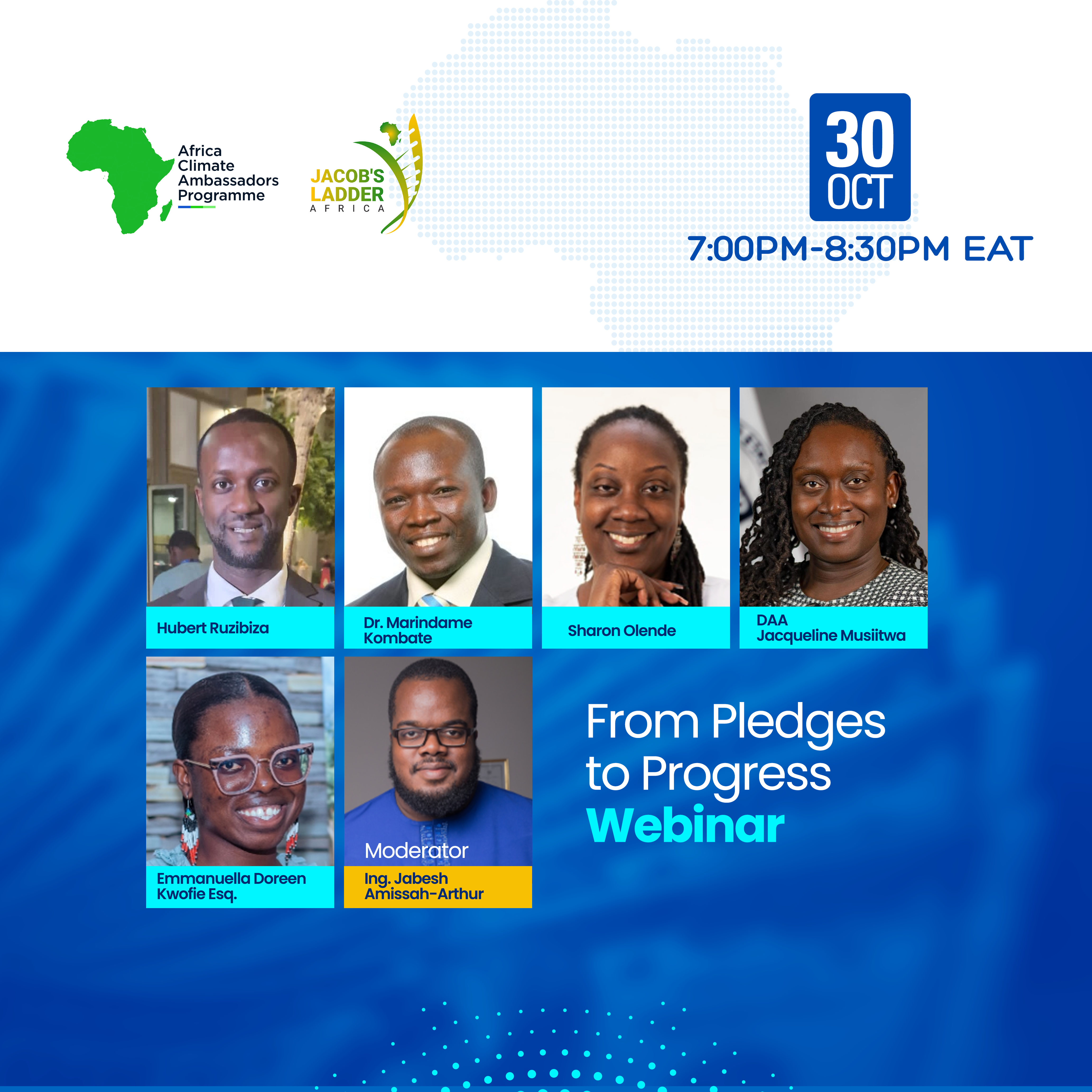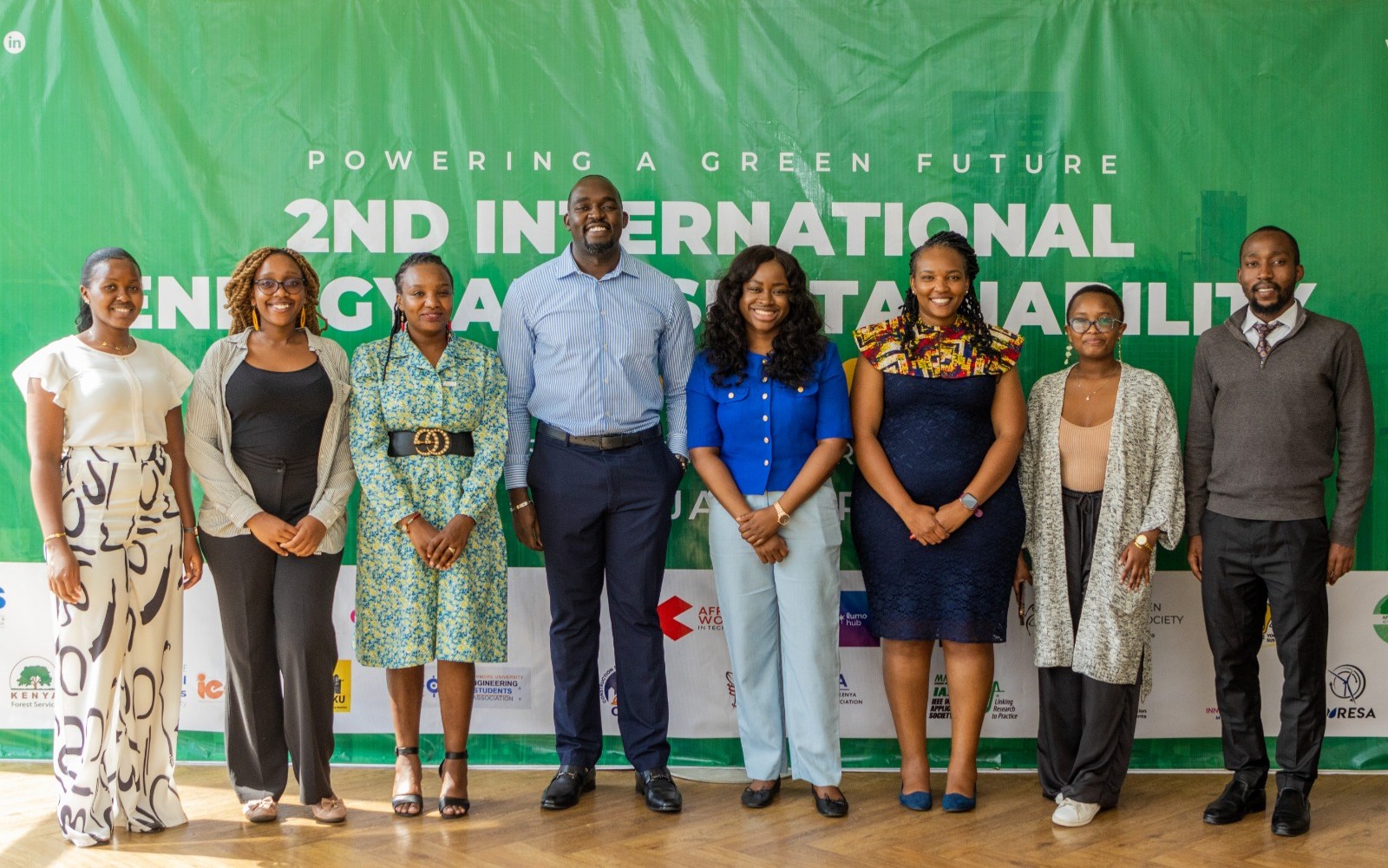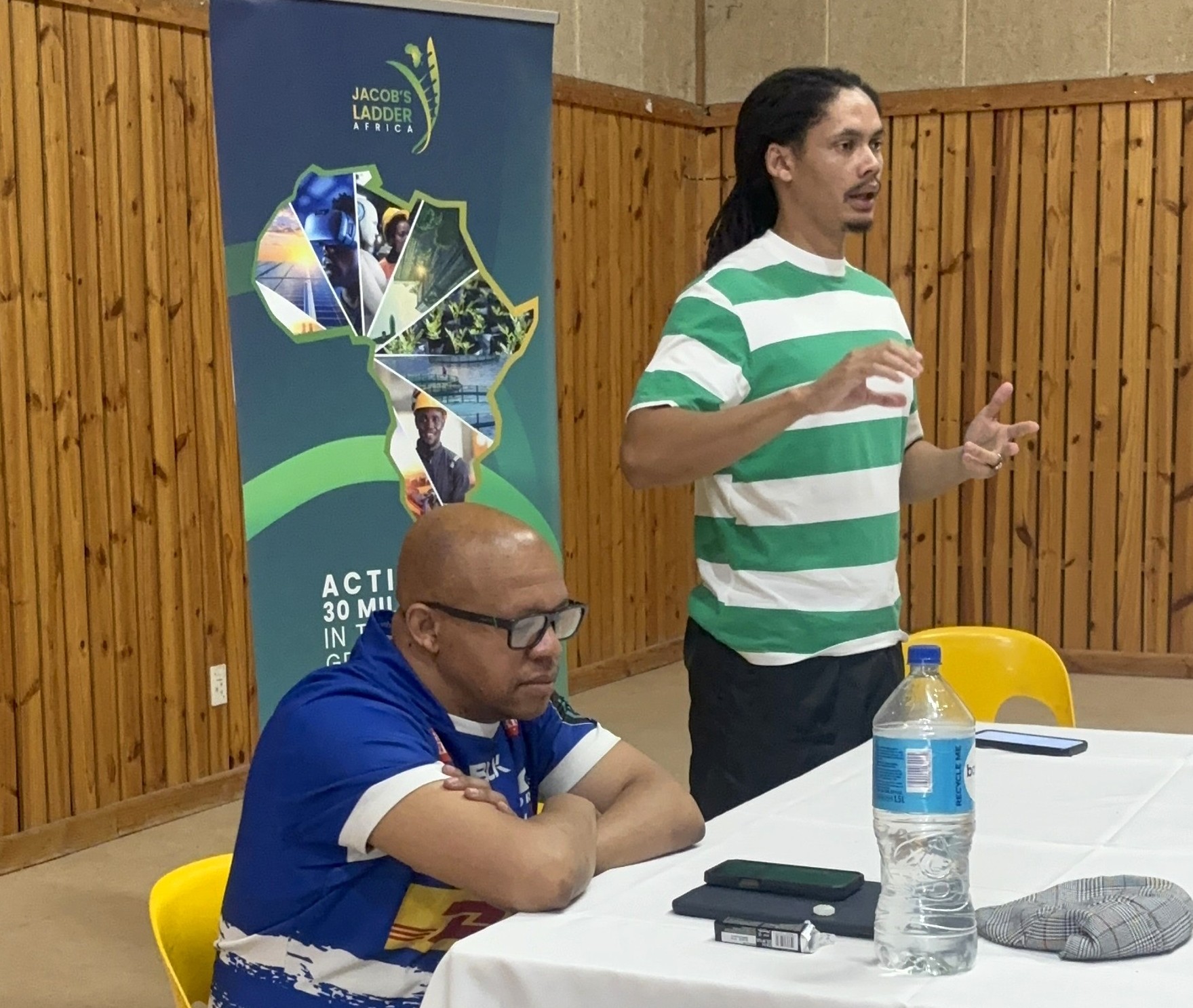JLA’s Africa Climate Ambassadors Programme (ACAP) convened an insightful webinar titled “From Pledges to Progress”, on Wednesday 30th October 2024. The session brought together distinguished experts to unpack the evolving landscape of climate finance and explore its transformative potential across Africa.
Key Focus Areas
The discussion delved into several crucial aspects:
- Implementing effective loss and damage funding mechanisms
- Creating accessible green financing solutions
- Exploring innovative debt-for-climate swaps
- Strengthening public-private partnerships in climate finance
- Enhancing climate resilience through sustainable investment
Expert Insights
The distinguished panel brought together diverse perspectives from across the climate finance spectrum:
- Hubert Ruzibiza, ACAP Ambassador and Senior Climate Finance Advisor at the African Green Infrastructure Investment Bank (AfGIIB), gave an overview of Africa’s climate finance Landscape with a focus on its current state and challenges.
- Dr. Marindame Kombate, Head of Energy Portfolio and Investments at AECF, explored innovative financing mechanisms with a focus on new approaches and opportunities.
- Jacqueline Musiitwa, Deputy Assistant Administrator of USAID’s Bureau for Humanitarian Assistance (BHA), brought valuable perspectives on tangibly bridging humanitarian assistance and climate resilience with success stories from African nations.
- Sharon Olende, Fintech & Financial Inclusion Consultant, explored private sector engagement, focusing on investment opportunities and barriers.
- Emmanuella Doreen Kwofie Esq., Director for Legal Affairs at Grandhedge International, highlighted priority areas and recommendations on the road to COP29.
The session was skillfully moderated by ACAP Ambassador Ing. Jabesh Amissah-Arthur, who guided the discussion toward practical, actionable outcomes.
Looking Forward
The webinar highlighted several key pathways for progress:
- Innovative Financing: Exploring new financial instruments tailored to Africa’s unique challenges and opportunities.
- Development of green market-based solutions: Leveraging fintech solutions and green supply chains to enhance access to climate finance.
- Capacity Building: Strengthening local institutions to better access and manage climate funds.
- Policy Alignment: Harmonizing the regulatory environment and national policies with international climate finance mechanisms.
- Stakeholder Collaboration: Fostering strategic partnerships between public, private, and civil society actors.
Impact and Next Steps
The session concluded with clear action items for stakeholders at all levels:
- Government institutions: Streamline access to international climate finance.
- Private sector: Develop innovative financial products for climate action.
- Civil society: Enhance monitoring and accountability in climate finance.
- Development partners: Align support with African priorities and needs.
As Africa prepares for COP29, this dialogue serves as a crucial stepping stone in transforming climate finance pledges into tangible progress for communities across the continent. This webinar was part of ACAP’s ongoing effort to strengthen Africa’s voice in global climate action.
To access the webinar recording, visit the YouTube link.






